California Law Treating App-Based Drivers as Contractors Under Consideration
At California’s top court on Tuesday, judges were faced with the prospect of allowing voters the power to let app-based drivers like Uber or Lyft categorize drivers in the state as independent contractors.
This ruling would mean they would not be considered employees who would have greater benefits compared to being independent contractors.
San Francisco Lawsuit
The California Supreme Court convened to hear arguments in a lawsuit proposed by the Service Employees International Union (SEIU).
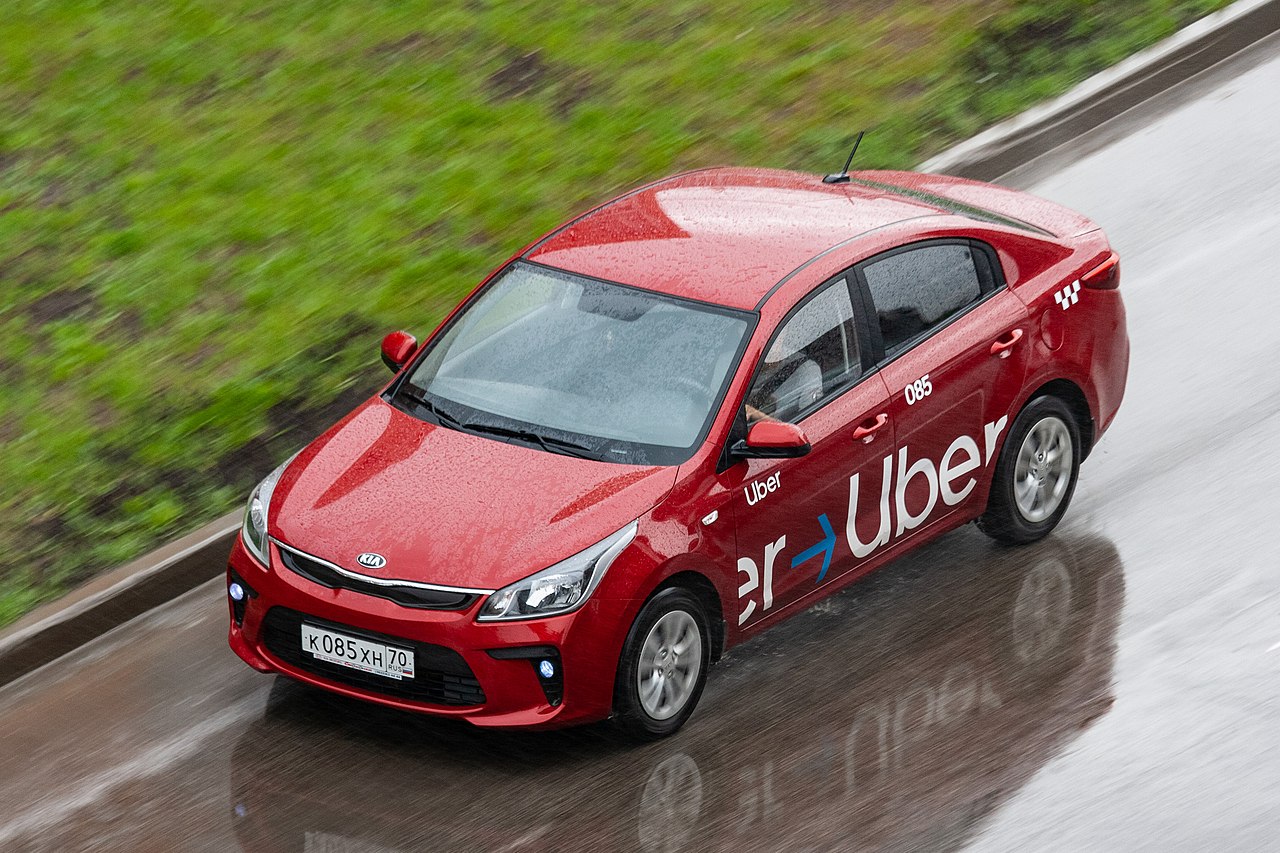
Wikimedia Commons user Ilya Plekhanov
The union along with four drivers claim that a ballot measure passed back in 2020 which is known as Proposition 22 was in fact unconstitutional.
Proposition 22 Issues
The 2020 measure made app-based drivers exempt from a state law passed in 2019 which decreased the circumstances in which workers can be deemed contractors.
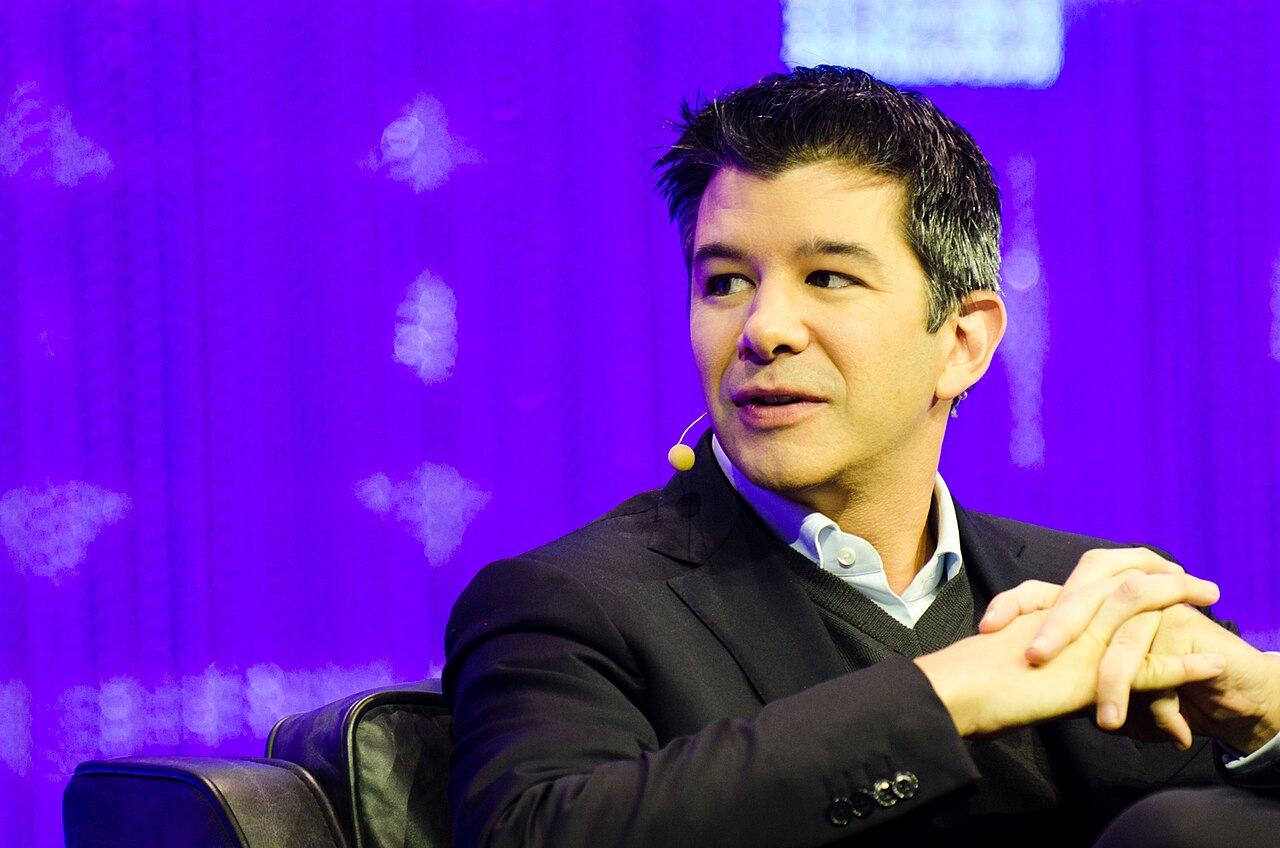
Flickr user Heisenberg Media
For the ride service industry, this issue is crucial to the companies involved in terms of cost analysis and management of drivers.
Differences Between Employees and Contractors
The issue is one championed by SEIU as employees are entitled to the minimum wage, expense reimbursements, overtime pay, and other benefits.
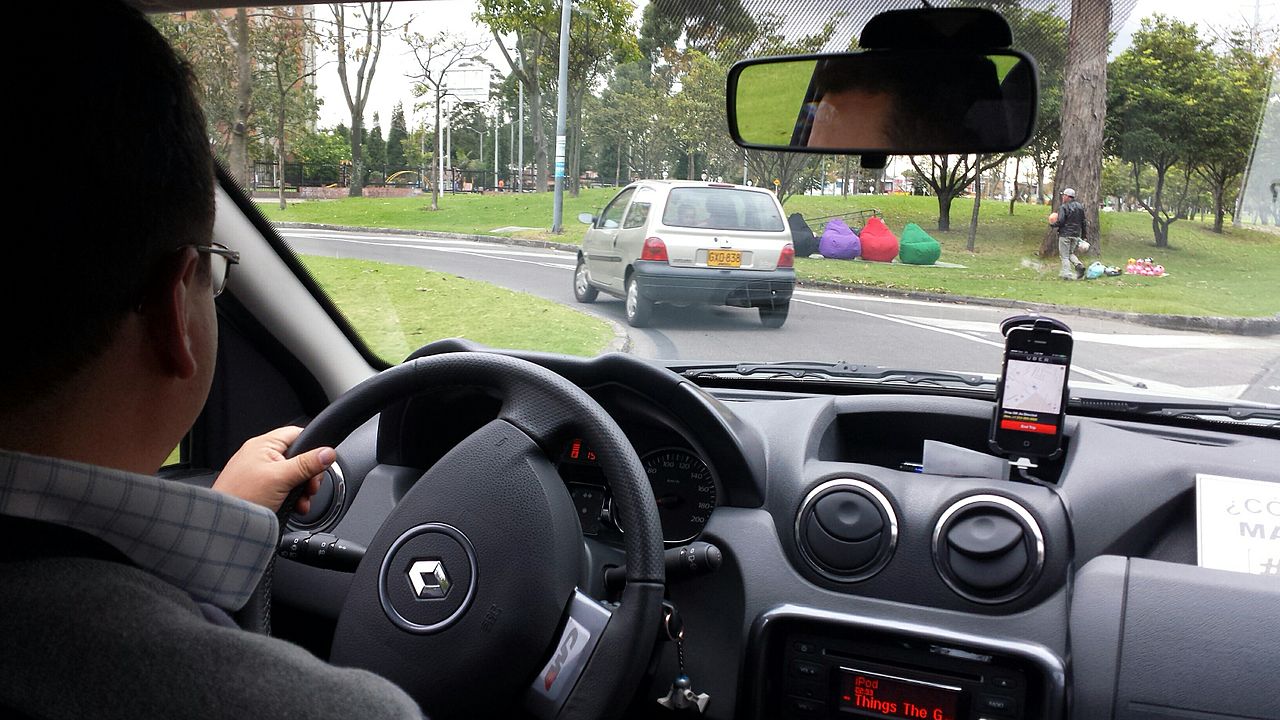
Flickr user Alexander Torrenegra
These protections do not apply to independent contractors which can be cost-saving for companies saving them up to 30% compared to employees.
Prop 22 Backing
Ride service industry members such as Uber and Lyft as well as other app-based driver services backed the campaign to pass Prop 22 to the sum of over $200 million.

Unsplash user Priscilla Du Preez
These companies claimed that without the passing of Prop 22, it would necessitate them ceasing operations in the largest U.S. state, California.
Incentives for Contractors
With the passing of Prop 22 in November 2020 by almost 60% of California voters, app-based drivers would be classified as independent contractors.
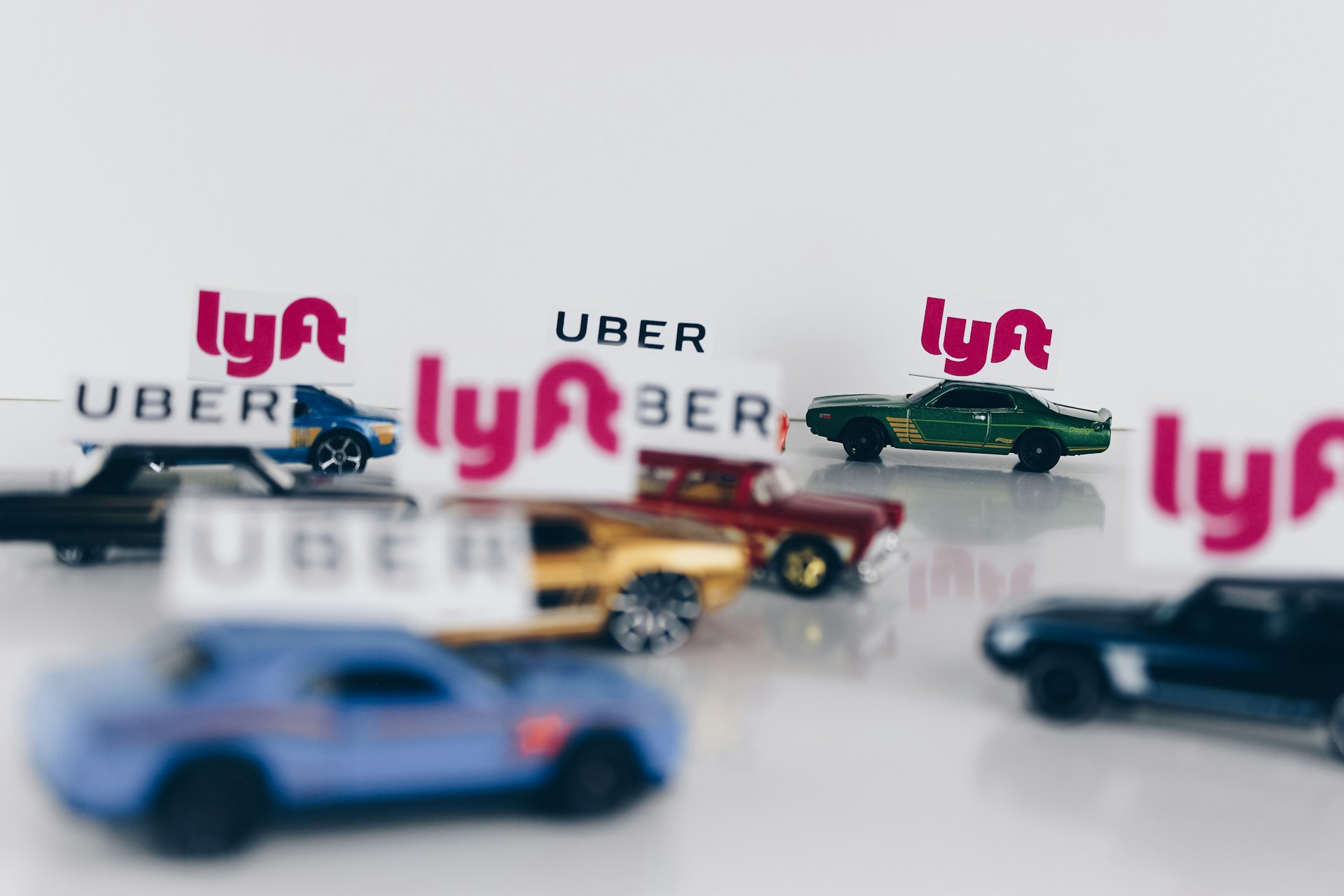
Unsplash user Thought Catalog
This ruling came under the stipulation that contractors would be paid 120% of the minimum wage once there are passengers as well as expenses covered and health insurance subsidies.
Rejection by Lower Appeals Court
Last year SEIU sought to overturn Prop 22 at the lower appeals court claiming that it caused limitations to legislative power to allow for state worker compensation.
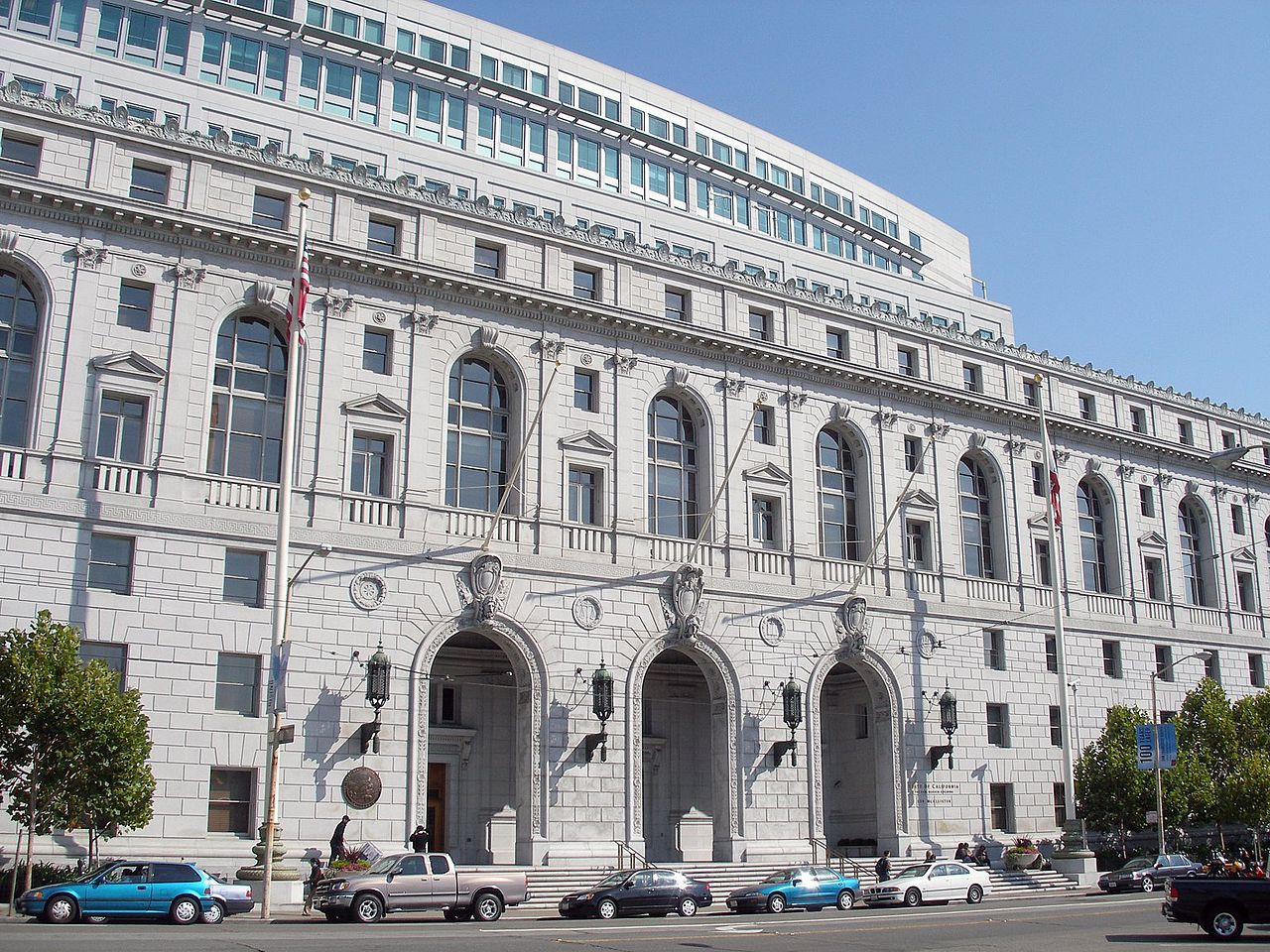
Wikipedia user Coolcaesar
Their argument was based on the issue that app-based drivers were barred from receiving the benefits that were stated in Prop 22 and are only provided to employees.
Supreme Court Opinions
Three judges have suggested that the constitution in California necessitates that legislature is shared with the electorate to enforce lawmaking powers.
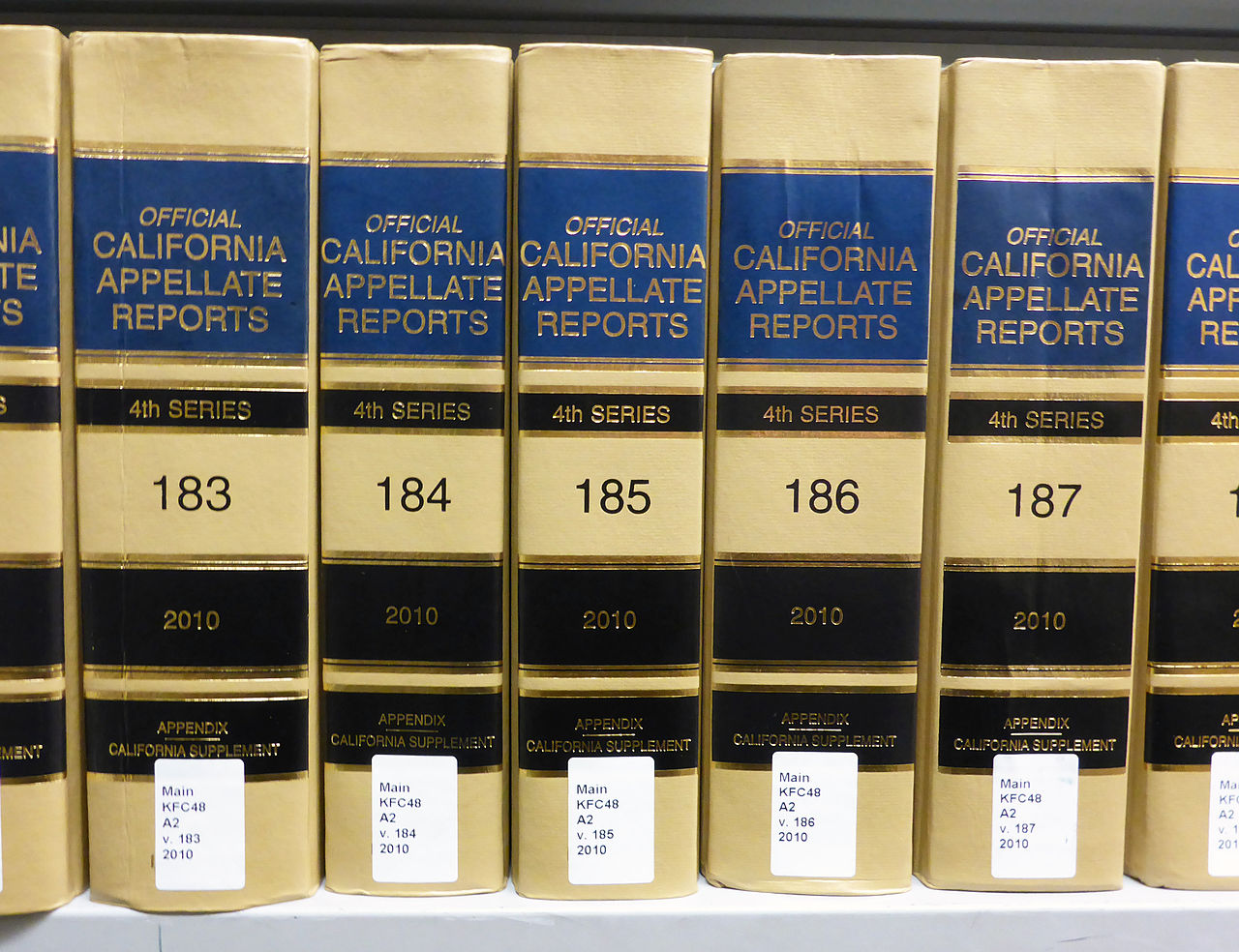
Wikipedia user Coolcaesar
As it mandates that bills are required to be presented before the governor before they are enshrined in law it means laws could be passed to extend these benefits to ride service industry members.
California Employment Law
During proceedings, Justice Goodwin Liu said that Prop 22 “only speaks of the classification as employees or independent contractors for the purposes of the labor code”.
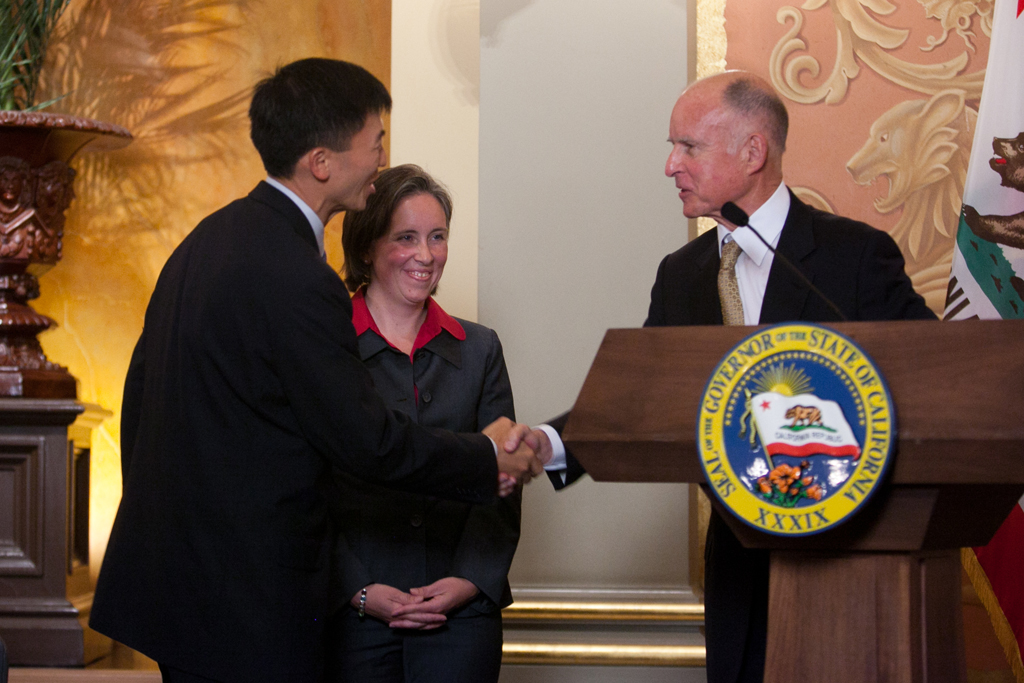
Office of the Governor of California
The implication that Prop 22 was still open to change through different means was made by Liu saying “But the labor code is not frozen in time”.
SEIU Lawyer Voices Concerns
Scott Kronland, the lawyer for SEIU, was not assured by this statement as he addressed the court suggesting that provisions to Prop 22 could be made.

Unsplash user Austin Distel
Kronland claimed that if amendments to Prop 22 were barred by a provision it would mean lawmakers would have a hard time counteracting the measure.
A National Debate
California is not the only state facing legal battles over the rights of app-based drivers and similar contract workers and how they are classified.

Wikimedia Commons user Mulad
Over the weekend in Minnesota, a measure was passed which would supersede the higher minimum which was adopted in Minneapolis setting the minimum wage to $1.28 per mile/31 cents per minute.
Threats of Ceasing Operation
Uber and Lyft along with other app-based driving companies have not only made threats to stop operations in California in the past but also in Minneapolis based on the measure passed by lawmakers.

Wikimedia Commons user BpA9543
Similar threats could come in Massachusetts as the top court heard arguments earlier in May about whether a similar vote to Californias regarding the relationship between app-based companies and drivers should be put before voters in November.
With the latest rulings being anticipated within the next 90 days in California it remains to be seen whether app-based drivers will receive a favorable outcome or if the ride service industry will make further threats to the service in the state.
